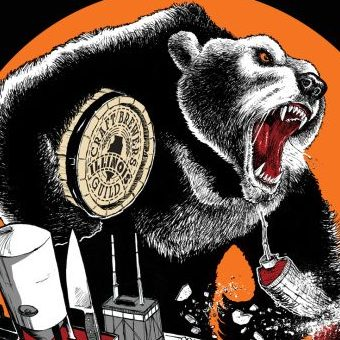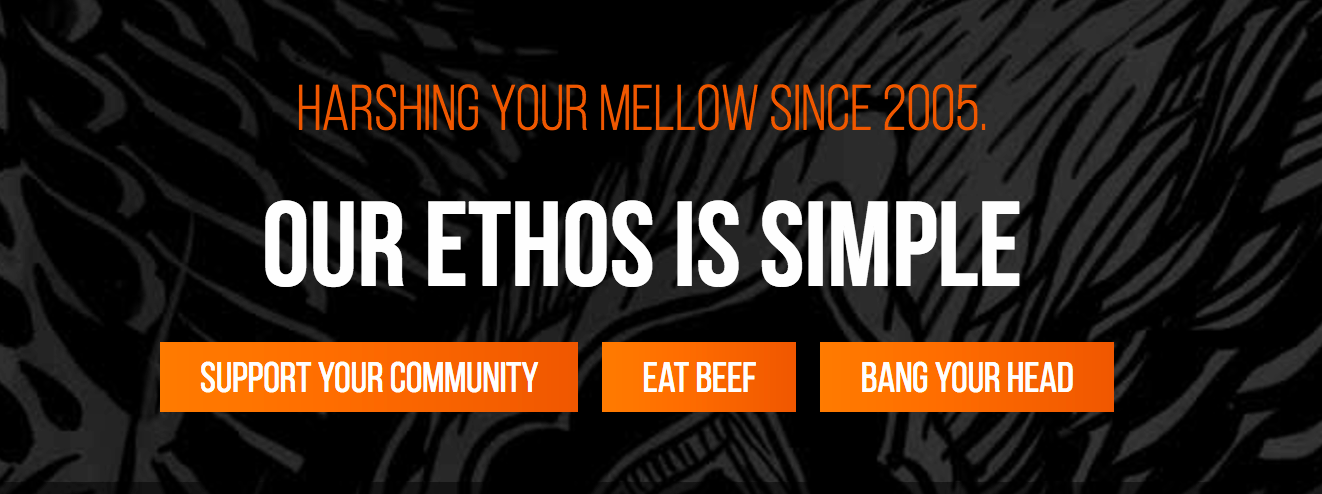
Since taking over Highrise in 2014, we’ve heard a lot of feedback. A lot.
It was pent up. Highrise launched in 2007. There was a mostly aesthetic redesign in 2011 and then very little development afterwards. That was the reason to spin it off as its own company — so it could get the attention it deserved.
But OMG the feedback. You could point to any pixel on any page and we had at least 3 emails (more often dozens) on how someone wanted it changed or improved or enhanced for their use case.
The Highrise team wasn’t the original makers of the product though. We didn’t truly understand the core audience. So it was tough to filter out the feedback. Which of it is important? Which feedback might help us unlock more growth? Which should be prioritized?
No idea.
Remarkable
Worthy of being or likely to be noticed especially as being uncommon or extraordinary
My wife and I had lunch the other day at a burger joint near our home called Kumas. Its address: 666 Diversey.
“One who understands can calculate the number of the beast, for it is a number that stands for a person. His number is six hundred and sixty-six” (Rev. 13:18)
666 — the mark of the Beast. The Devil.
This wasn’t an unlucky coincidence. Kuma’s embraces all things heavy metal. The burgers and cocktails are all named after heavy metal bands: Slayer, Black Sabbath, Pantera. There’s band posters everywhere. Heavy metal on the TV. And the most obvious — continuous heavy metal blaring throughout.
There are people in my life who would enjoy eating Kuma’s burgers, but I couldn’t take them there. They’d be extremely uncomfortable.
Kuma’s is alienating potential customers. Their slogan:

Kuma’s has made very simple and yet very strong choices about the business they want to run and product they want to serve. They have no intention of catering to everyone.
And that is one reason they are so remarkable. Kuma’s now at 5 locations is often mentioned as one of the best burgers in Chicago.
Most of us try to cater to everyone. We take customer feedback, and say “We’ll certainly consider doing that.” We try to balance all the requests and make the product that makes the most people happy.
And then we wonder why we’re lost in the crowd. We all look the same.
I think some of our work at Highrise suffers from trying to cater to everyone. I know it does.
Over the last couple years it’s been tough to make strong and sometimes alienating choices about where our product will go since we only had a vague view of who was using the product.
Recently however, we’ve done a series of customer interviews that have made that so much clearer. I can see exactly who is using the product and why they came in the first place.
Someone the other day mentioned if we could add Markdown as a way to style Notes in Highrise. I enjoy Markdown, I’m using it this very second to write these words in Draft (writing software I’ve made). We’ve received this same request dozens of times. I’ve told requesters before: “We’ll certainly consider adding Markdown as we improve the product in the future.”
I feel much more confident now saying, “We won’t be adding Markdown to Highrise.” The core job we set out to accomplish for the customers who need us the most doesn’t entail supporting Markdown to format their Notes. That’s not to say they don’t need better Note formatting. But our core customers need a CRM immediately that takes zero training to get their team started. Our killer feature: no manual needed. Markdown always needs a manual for the unfamiliar. And our customers are mostly unfamiliar with Markdown.
I realize there may be at least one person reading this hoping we’ll add Markdown to Highrise who will look elsewhere for a Markdown friendly CRM. That’s fine. It won’t be us.
Doing that series of customer interviews has given me much more courage to make choices like Kumas. I know it won’t make everyone happy, but at least we’ll have a chance at being remarkable.
P.S. If you enjoyed this article, please help spread it by clicking that ❤ below. And if you are interested in more, you should follow my YouTube channel, where I share more about how history, psychology, and science can help us come up with better ideas and start businesses. And if you need a simple system to track leads and follow-ups you should give Highrise a look.


